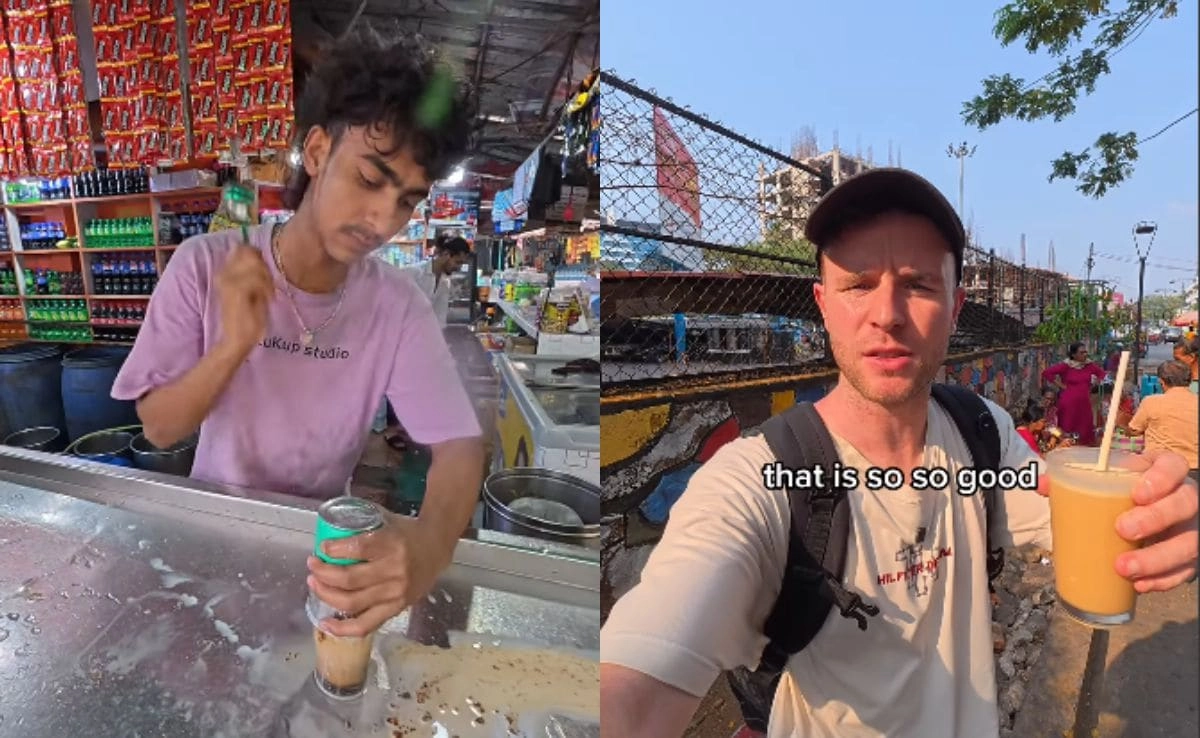In a recent incident that has stirred up quite the conversation online, a woman from Mumbai reportedly paid a staggering sum of Rs 18,000 to a cook for just half an hour of work. This peculiar transaction has ignited a flurry of reactions across social media platforms, with users expressing a mix of astonishment, humor, and curiosity regarding the motivations behind such a generous payment for a brief cooking session. The story quickly gained traction, showcasing the often-unpredictable nature of financial exchanges in the urban landscape of India, where the cost of services can vary dramatically based on factors such as individual circumstances, the nature of the task, or even personal relationships.
The woman’s decision to compensate the cook so handsomely has led many to speculate about the context of the arrangement. Was it a special occasion that warranted a lavish expenditure, or perhaps the cook was renowned for their culinary skills? Social media users have engaged in a lively debate, with some asserting that the payment reflects a growing trend among the affluent in metropolitan areas to prioritize convenience and quality over cost. Others have pointed out that such payments could be seen as a reflection of the widening economic disparity within the city, where wealth can sometimes lead to extravagant spending on seemingly simple tasks.
Moreover, this incident highlights the evolving nature of labor in urban environments, where traditional notions of work and pay are continuously being redefined. In a city like Mumbai, known for its hustle and bustle, the demand for skilled labor, such as cooking, can lead to situations where individuals are willing to pay a premium for expertise and efficiency, no matter how brief the engagement may be. This phenomenon raises questions about the valuation of services and the dynamics of supply and demand in a rapidly changing economy.
As the story continues to circulate, it serves as a reminder of the diverse lifestyles and economic realities that coexist within the metropolis. While some may view the woman’s payment as excessive or whimsical, others may see it as a pragmatic choice in the context of her life. The internet’s varied reactions illustrate the complexities of modern urban living, where individual choices and social commentary intersect in fascinating ways.




